First Time Buyers and Stamp Duty Land Tax
The “hidden” or to use a more accurate term the “less obvious” costs of buying a home are often problematic, especially for first time buyers who soon realise that saving enough for a deposit, which is no easy task in itself, is far from the end of what they require in order to be able to complete on that first purchase. One of the biggest additional costs is Stamp Duty Land Tax (SDLT), a tax we pay on the purchase of land.
In November 2017 the government introduced new rules which meant that first time buyers were exempt from paying Stamp Duty Land Tax on the purchase of their home if the purchase price is below £300,000.00. The information released in November 2018 states that more than 180,500 people have benefitted from this exemption and have saved a total of £426,000,000.00.
In order to claim this tax relief the individual must fit certain criteria. It is a popular misconception that an individual can choose when to use this relief and that it is like a voucher rather than an exemption. In order to be eligible you must be an individual (not a company) who intends to live at the property.
If you are purchasing with your partner, they too must fit the criteria for the transaction to be exempt. You cannot claim first time buyers relief if either one of you has an interest in any other property. If you buy a property jointly and you are both exempt, this transaction will mean that you are both unable to use the relief in the future, as you will already have an interest in property. In other words, it is not a voucher per individual and you cannot elect which transaction you would like to use it for. You cannot retain it, at your discretion, to use at a later date.
You and everyone you are buying with, must have never had an interest in a residential property anywhere in the world whether you had bought, were gifted it or inherited it. It applies even if your interest is a share in another property.
When conveyancers are preparing the form to submit to HM Revenue and Customs on completion of the purchase, they must enter detailed information about you and the transaction. This will be sent to you to check through and sign so that you are confirming the information contained within it is true to your knowledge. HM Revenue and Customs will retain this information and may investigate the transaction if there is any doubt surrounding the circumstances relating to the exemption claimed.
HMRC are also able to investigate the contents of the Conveyancers file if they deem it necessary. If you have given dishonest information in an attempt to benefit from the tax relief, you will have committed tax evasion, or common law fraud which are serious offences. It is, therefore, important that you ensure you are not attempting to mould the facts in an attempt to fit the criteria for a SDLT exemption that you are not actually eligible for.
All solicitors must now have an “Anti-Tax Evasion” policy and procedure to prevent the facilitation of tax evasion. It is part of their professional rules protecting their integrity and a legal requirements imposed on banks, financial institutions and professional firms to guard against tax evasion which is illegal as opposed to tax mitigation which is legitimate.

Lorraine Moser
Director
Lorraine joined the firm in 1997 as a Fellow of the Institute of Legal Executives and after qualifying as a solicitor in 2003 was appointed Head of the Residential Property Department.
She deals with all aspects of residential conveyancing and is the Practice Manager at Bates Wells & Braithwaite.
Away from work, Lorraine, who lives locally with her husband, enjoys an active life and her interests include hiking, canoeing, skiing, motorcycling and horse riding.

